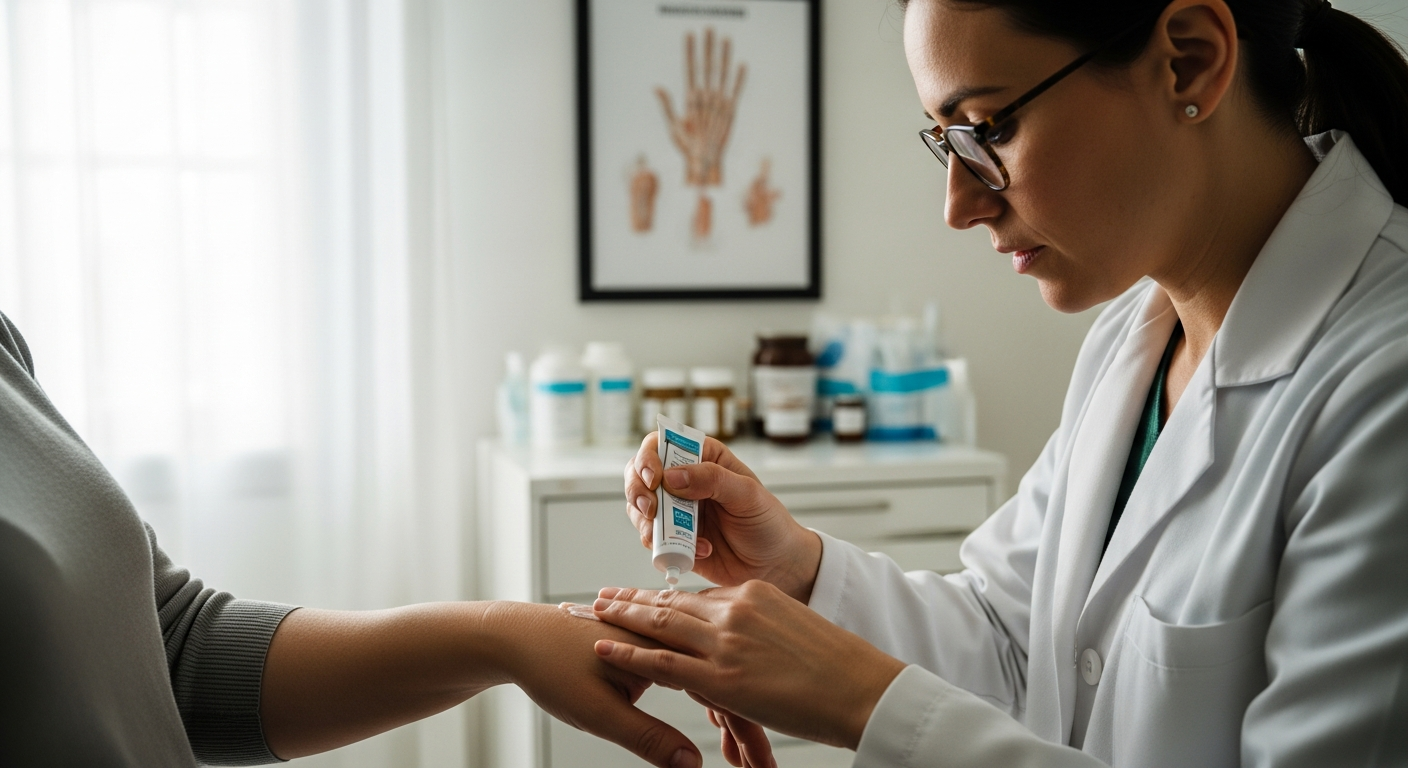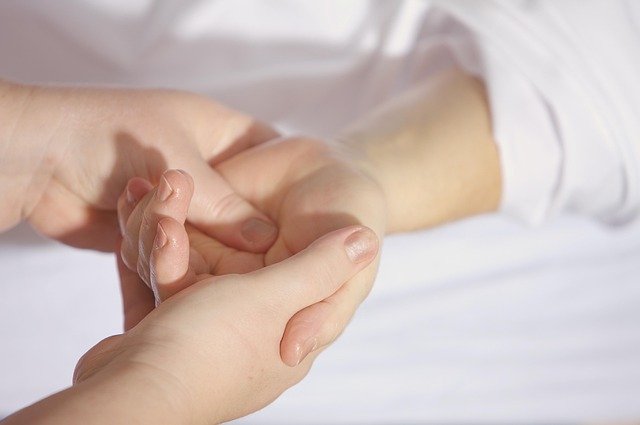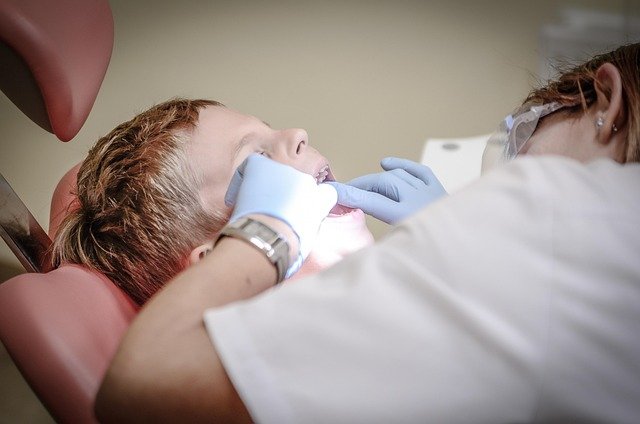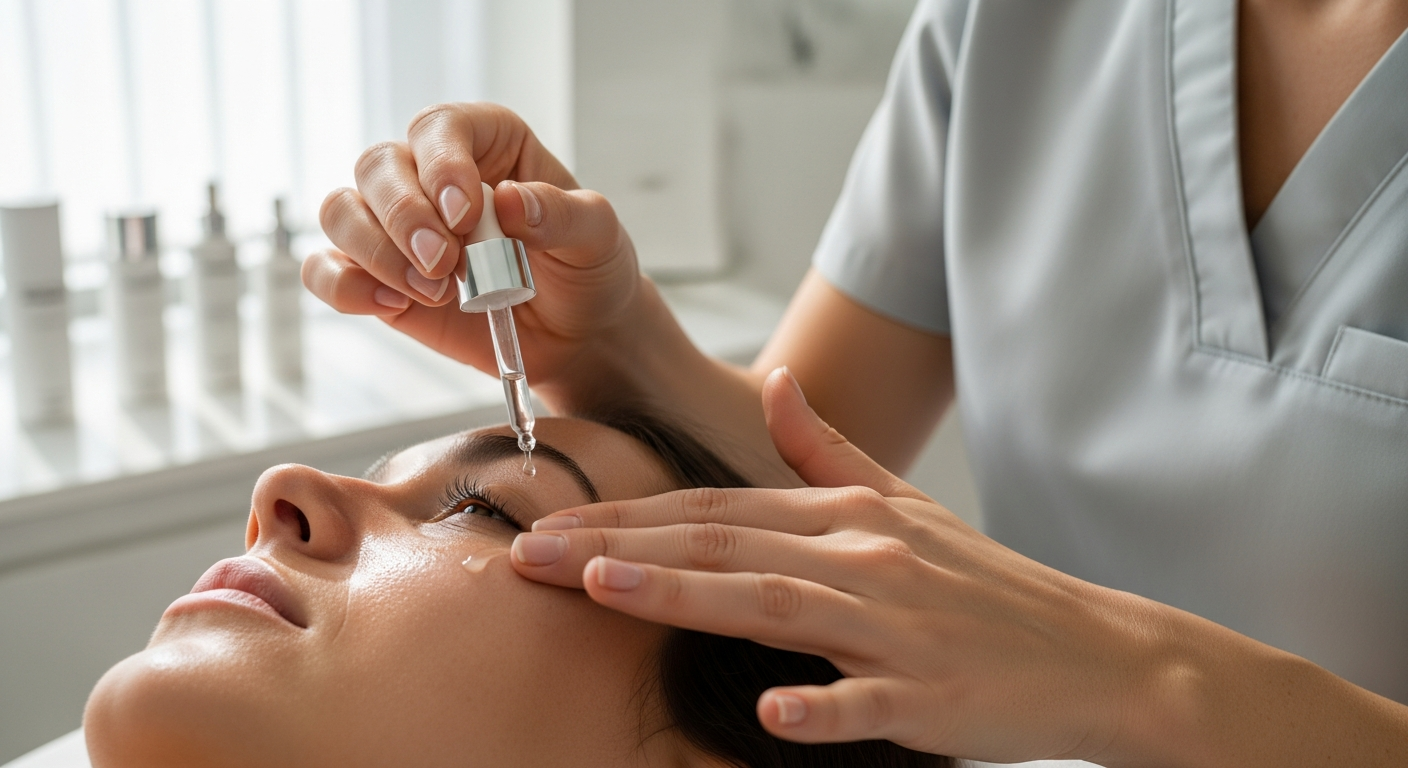Early HIV Symptoms: What To Watch For And When To Get Tested
Explore the challenges of identifying early symptoms, the role of testing in health management, advancements in testing technology, and the crucial benefits of early antiretroviral therapy initiation. Discover how proactive strategies can enhance both individual and community health outcomes:
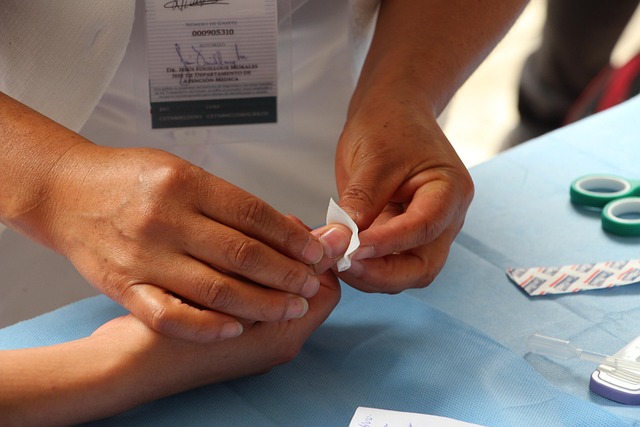
What Are the Early Signs of HIV Infection?
Early HIV symptoms typically appear 2-4 weeks after exposure and may include fever, chills, night sweats, and enlarged lymph nodes. These flu-like symptoms are part of acute HIV infection or acute retroviral syndrome. Some people might also experience muscle aches, sore throat, rash, and fatigue. However, not everyone experiences these symptoms, and they can vary in severity.
How Soon After Exposure Should You Get Tested?
HIV testing should be considered as soon as possible after potential exposure, but it’s important to understand testing windows. Most modern HIV tests can detect the virus within 18-45 days after exposure. However, for the most accurate results, testing should be done at least 6 weeks after potential exposure, with a follow-up test at 3 months.
What Are the Different Types of HIV Tests Available?
Several testing options are available:
-
Antibody tests (traditional blood tests)
-
Antigen/antibody combination tests
-
Nucleic acid tests (NATs)
-
HIV self-tests for home use
Each type has different window periods and accuracy rates. Healthcare providers can help determine the most appropriate test based on individual circumstances.
Why is Early HIV Detection Important?
Early detection of HIV allows for immediate initiation of antiretroviral therapy (ART), which can:
-
Prevent the virus from causing significant damage to the immune system
-
Reduce the risk of transmitting HIV to others
-
Lead to better long-term health outcomes
-
Help maintain an undetectable viral load
-
Increase life expectancy significantly
How Can You Access HIV Testing Services?
HIV testing is widely available through:
-
Primary care physicians
-
Sexual health clinics
-
Community health centers
-
Local health departments
-
Home testing options
What Are the Costs and Options for HIV Testing?
| Testing Type | Provider Type | Estimated Cost |
|---|---|---|
| Rapid Test | Health Clinic | $0-40 |
| Lab Blood Test | Medical Laboratory | $35-200 |
| Home Self-Test | Pharmacy/Online | $20-50 |
| Comprehensive Panel | Healthcare Provider | $100-300 |
Prices, rates, or cost estimates mentioned in this article are based on the latest available information but may change over time. Independent research is advised before making financial decisions.
Many insurance plans cover HIV testing, and numerous organizations offer free or low-cost testing services. Check with local health departments for available resources and financial assistance programs.
This article is for informational purposes only and should not be considered medical advice. Please consult a qualified healthcare professional for personalized guidance and treatment.

